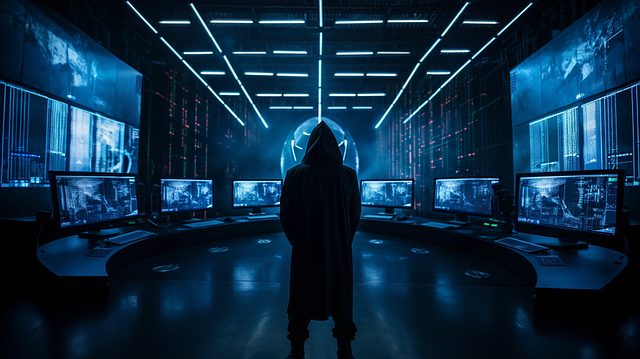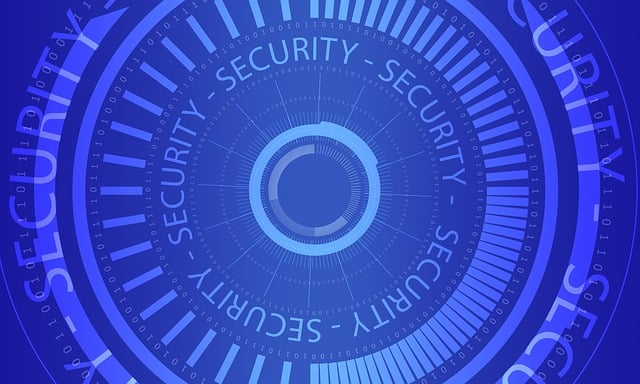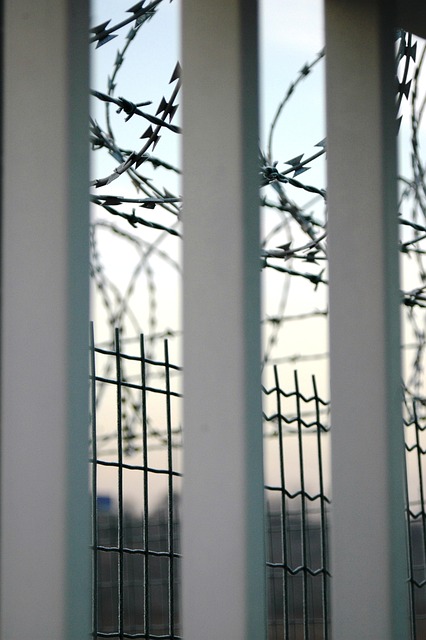Background checks for security personnel are essential for maintaining high standards of integrity and professionalism in the security sector. Thorough screening processes, including verifying employment history, criminal records, and references, help ensure suitable candidates are hired to protect sensitive areas and assets. This is crucial for security industry compliance, as it identifies risks early, strengthens safety protocols, and upholds ethical behavior among security guards. By implementing robust background checks, organizations can foster a secure environment and meet regulatory requirements through meticulous safety personnel verification.
In today’s world, preventing misconduct in the security sector is paramount. Background checks play a pivotal role in ensuring the integrity of security personnel, from guards to officers. This article delves into the significance of thorough background screenings as a fundamental tool for verifying safety personnel. We explore strategies like implementing robust compliance measures and conducting comprehensive premises protection checks to safeguard sensitive environments. By focusing on these key aspects, including security guard background screening and verification of safety officer credentials, we can foster a trustworthy security workforce.
- Understanding the Importance of Background Checks in Security
- The Role of Background Screening in Safety Personnel Verification
- Implementing Effective Security Industry Compliance Strategies
- Enhancing Premises Protection through Comprehensive Checks
Understanding the Importance of Background Checks in Security

Background checks for security personnel are an indispensable component of maintaining a safe and secure environment. In the dynamic landscape of the security industry, where individuals often have direct access to sensitive areas, thorough background screening is the first line of defence against potential risks. These checks ensure that safety officers, guards, and other frontline staff meet specific criteria, verifying their credentials and past conduct to safeguard premises and protect valuable assets.
By implementing rigorous background screening processes, security companies can assess candidates’ suitability, identify red flags, and mitigate risks effectively. This involves verifying employment history, criminal records, education, and references to gain a comprehensive view of an individual’s character. Such measures are crucial for maintaining the integrity of the security workforce, ensuring compliance with industry standards, and upholding the highest levels of safety and professionalism in premises protection.
The Role of Background Screening in Safety Personnel Verification

Background screening plays a pivotal role in ensuring the integrity and professionalism of security personnel across various sectors. It serves as a robust tool for safety personnel verification, enabling employers to make informed decisions when hiring individuals responsible for protecting sensitive areas, assets, and people. By conducting thorough checks, organizations can mitigate risks associated with potential misconduct by thoroughly vetting candidates’ backgrounds, including their employment history, criminal records, and personal references.
This process is particularly crucial in the security industry where compliance with regulations and maintaining a reliable workforce are paramount. Premises protection checks go beyond basic qualifications to uncover any red flags that could compromise the security of facilities. Verifying the safety officer credentials through background screening helps establish a secure environment, ensuring that those entrusted with safeguarding critical infrastructure possess the integrity and reliability expected in this vital line of work.
Implementing Effective Security Industry Compliance Strategies

Implementing robust security industry compliance strategies is a multifaceted process that hinges on several key components. One of the most effective deterrents against misconduct lies in thorough background checks for security personnel, including meticulous security guard background screening and safety personnel verification. These checks should encompass criminal history, employment records, and any relevant education or certifications to ensure that individuals hired possess the necessary skills and integrity. Moreover, regular re-screening and ongoing monitoring can help identify potential risks as circumstances change over time.
To enhance security industry compliance, organizations must also establish clear policies and procedures tailored to their specific needs. This includes defining strict protocols for premises protection checks, verifying safety officer credentials consistently, and fostering a culture that prioritizes ethical behavior. By integrating these strategies into daily operations, security firms can create a robust defense against misconduct, ultimately bolstering the integrity of their workforce and the safety of protected premises.
Enhancing Premises Protection through Comprehensive Checks

In the dynamic landscape of security, enhancing premises protection goes beyond standard protocols. Comprehensive background checks for security personnel are a game-changer in ensuring the safety and integrity of sensitive spaces. By implementing rigorous security guard background screening processes, organizations can verify the credentials and trustworthiness of every safety officer on their premises. This includes verifying their work history, education, and any relevant certifications to ensure they meet industry standards and compliance requirements.
A robust safety personnel verification system acts as a critical line of defense against potential risks and misconduct. It enables security managers to identify and mitigate any red flags early on, fostering a culture of accountability within the security workforce screening process. Regular updates and ongoing monitoring further strengthen premises protection by keeping security teams up-to-date with changes in behavior or associations that may compromise their role in safeguarding valuable assets.
